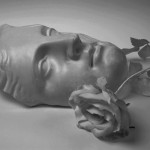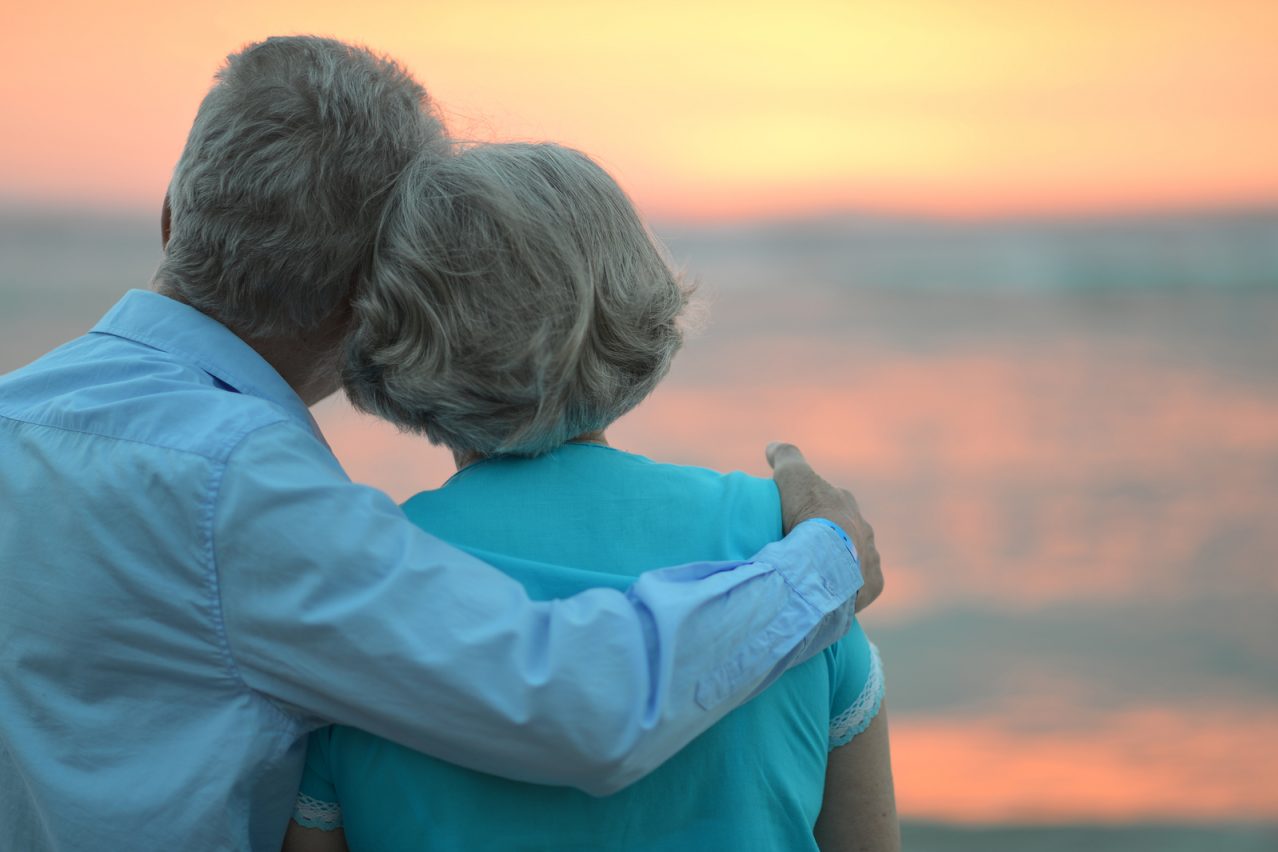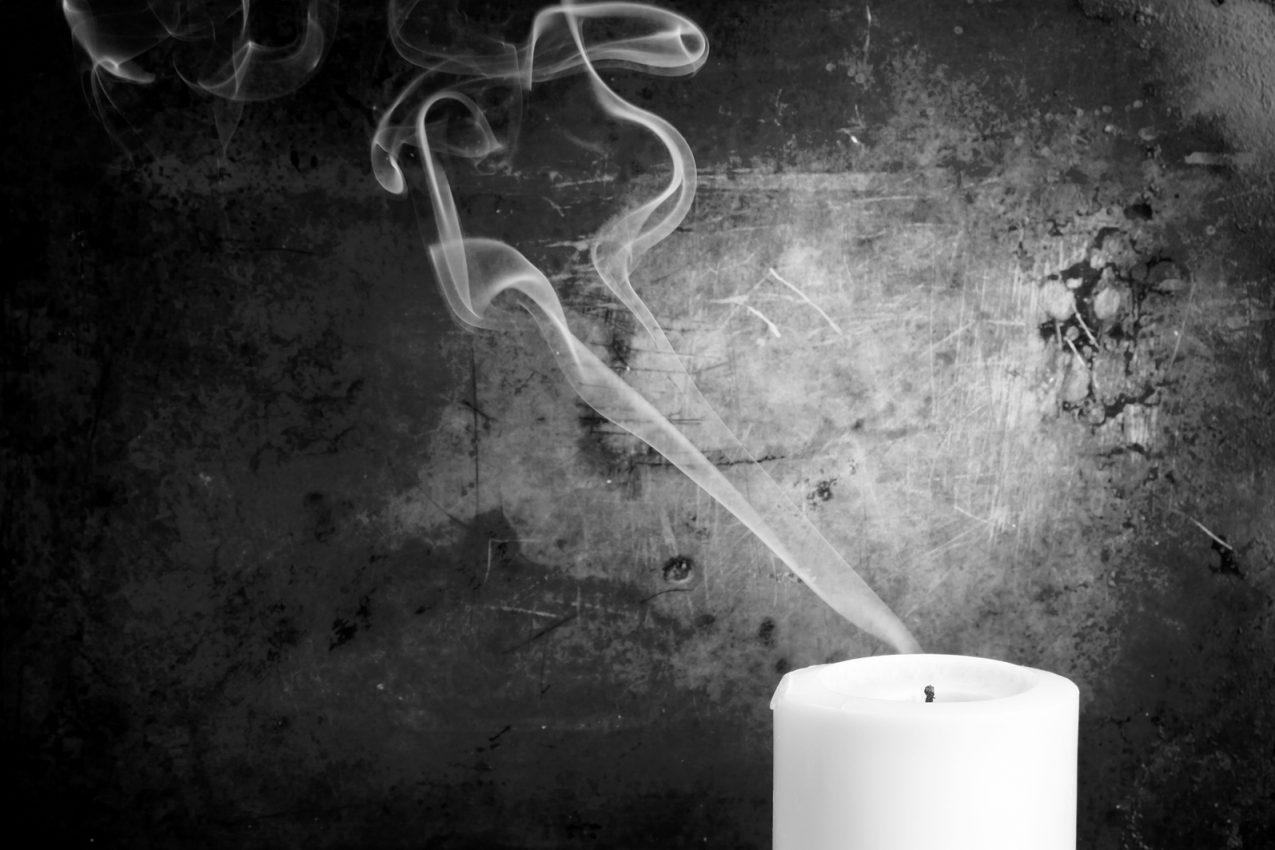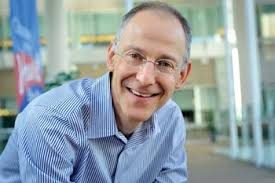Ellen died a clockwork machine, restrained by Versed, fed by nasal tube, secretions in bags, and as her blood pressure dropped intravenous pressors accelerated in dose until blood squeezed from her extremities left fingertips dry and black as coal. Death occurred on the 41rst hospital day, after 27 minutes of scripted, six rib fracturing, 360-joule electric shock CPR. A brutal case by any measure, worse because advanced cancer had always given Ellen no chance to survive.
Futile, painful, invasive and abusive medical care occurs frequently in the lives of oncologists and intensivists. Often doctors communicate badly or the family has so little experience with dying that they are unable to cope, unable to make decisions and cling to pyritic fragments on a yellow brick path of barren hope. However, Ellen’s case is different and reminds us of the ability of the past to intrude on the present and the effect of guilt on decision.
In 1963, Ellen was given in a prearranged marriage; she was 16. She moved to the United States and raised five children, who in turn begat eight grandchildren. She worked hard and had a successful, if relatively simple career, as a checker and then manager in a local market. Instead of happiness and fulfillment, Ellen was cursed for five decades with mental and physical abuse in the hands of a misogynous alcoholic husband, who coped by hurting her. Ellen survived because of love for her children and commitment to their happiness and safety. For Ellen, because of her culture and her responsibility, leaving was never an option. In the words of one of her daughters, “she had a terrible life.”
Last year, “the monster finally did something right, finally helped her … the SOB died.” After half a century, she had a quiet home and family that loved her. At age 66, there was the chance to live in peace and safety. It was at that moment she coughed, and Ellen began to die.
As cancer ripped through her body, this family could not let go. It was so unfair; a cosmic cheat. If ever their god owed a miracle, it was now. But, no deliverance came. The disease destroyed Ellen, piece-by-piece, organ-by-organ, moment-by-moment, pain-by-pain. Her kids, always at the bedside, clung to hope born not of ignorance, but of righteous anger built over 50 years of torment. The same way they had gotten by for all those decades, praying and hoping their father would be kind or simply drop dead, they begged now for another chance for Ellen and perhaps for each of them. They hoped for mercy and life; redemption for years of agony.
There was no happy ending. I failed to appease their pain during Ellen’s life, so she died terribly. In the sullen cramped hot funeral home, they stared blank at a sealed casket, trying to fathom what had been lost, guilt made brilliant by the confusion of those last days. Unable to repay the sacrifice of many years, her children found no meaning, her headstone a monument to loss built of suffering. Perhaps, the only gift was all of them, five children who loved Ellen, loved each other and preserved a few precious memories. Outside, grandchildren played in the snow.







12 Comments